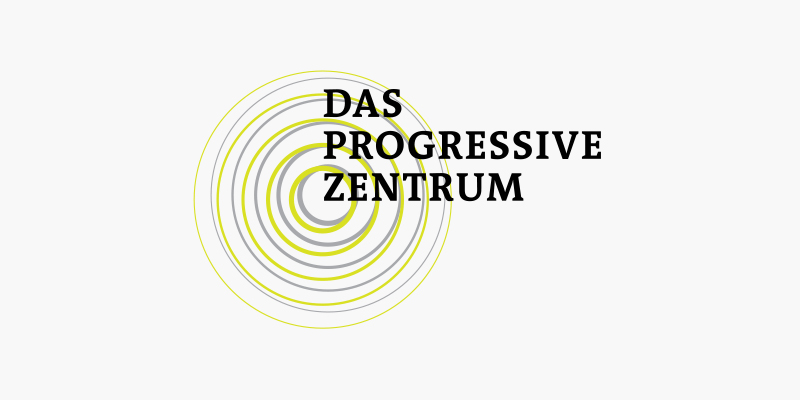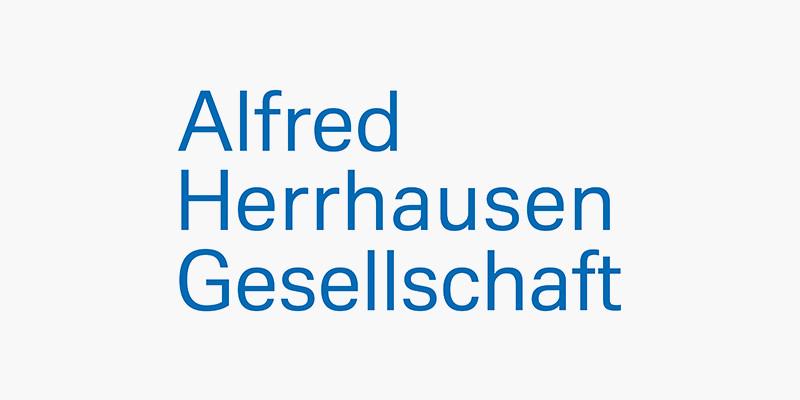The Story of New Urban Progress
Three organizations – Das Progressive Zentrum, the Alfred Herrhausen Gesellschaft in Germany and the Progressive Policy Institute in the United States – have joined forces to foster metro innovation and democratic renewal in the spirit of transatlantic dialogue. We are launching a three-year effort in German and U.S. cities, with the aim of sparking a cross-fertilization of ideas for local initiative and problem-solving.
The project “New Urban Progress: Transatlantic Dialogue on the Future of Work, Democracy, and Well-being” was launched in Fall 2019 and will continue until Summer 2022. It encompasses two countries, two road trips, four conferences, ten cities, and 20 Project Fellows: all to reimagine transatlantic relations and collaboratively work on policies that will positively impact cities on both sides of the Atlantic.
Stage 1: Exploration
Establishing the challenges and best practices for urban public policy and city-level innovation in both Germany and the United States, by hosting a launch event in each country
Stage 2: Finding common ground
Narrowing down the scope of the project and recruiting Project Fellows, who will establish theme-based working groups that allow them to collaborate and focus on a selected urban policy topic
Stage 3: Practical experience
Mutual exchange and hands-on learning by visiting selected American and German cities to discover innovative initiatives and meet policy makers, who apply unique approaches to today’s urban challenges
Stage 4: Synthesis
Developing visions and goals for a new transatlantic agenda based on cities and metro areas by writing policy briefs that present the Project Fellow’s impressions and thoughts from during and in between their journeys
Stage 5: Outreach
Sharing of findings and conclusions, as well as the premier of the project film during two closing conferences in Chicago and Hamburg
The New Urban Progress project will compare metropolitan regions that have emerged as hubs of public innovation and collaborative problem-solving, and use the results as frameworks to build inclusive, innovative, digital, and diverse cities. This work will be dialogue-based: we want to engage young Germans and U.S.-Americans in a conversation on contemporary social, cultural and economic phenomena present in all post-industrial multicultural societies.




